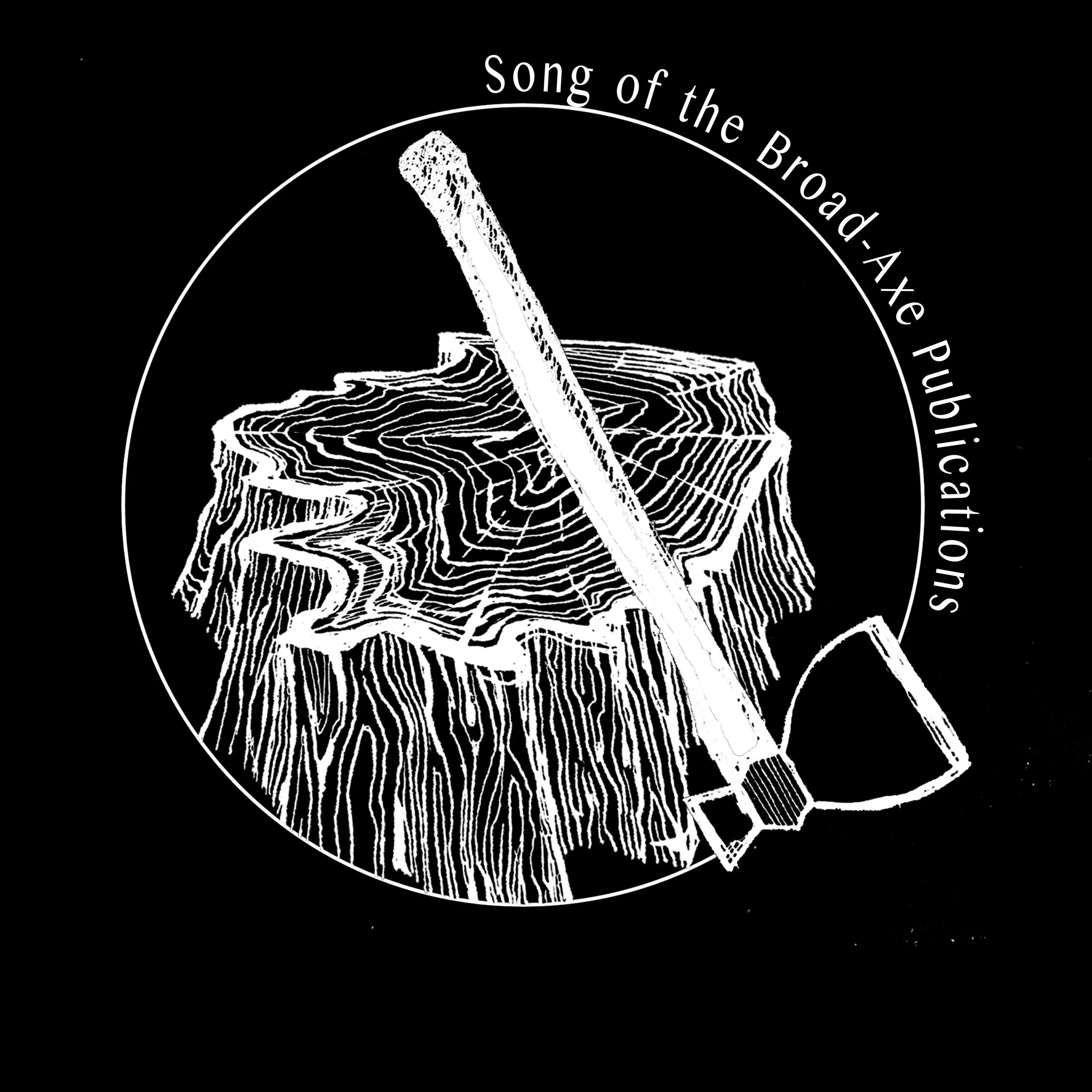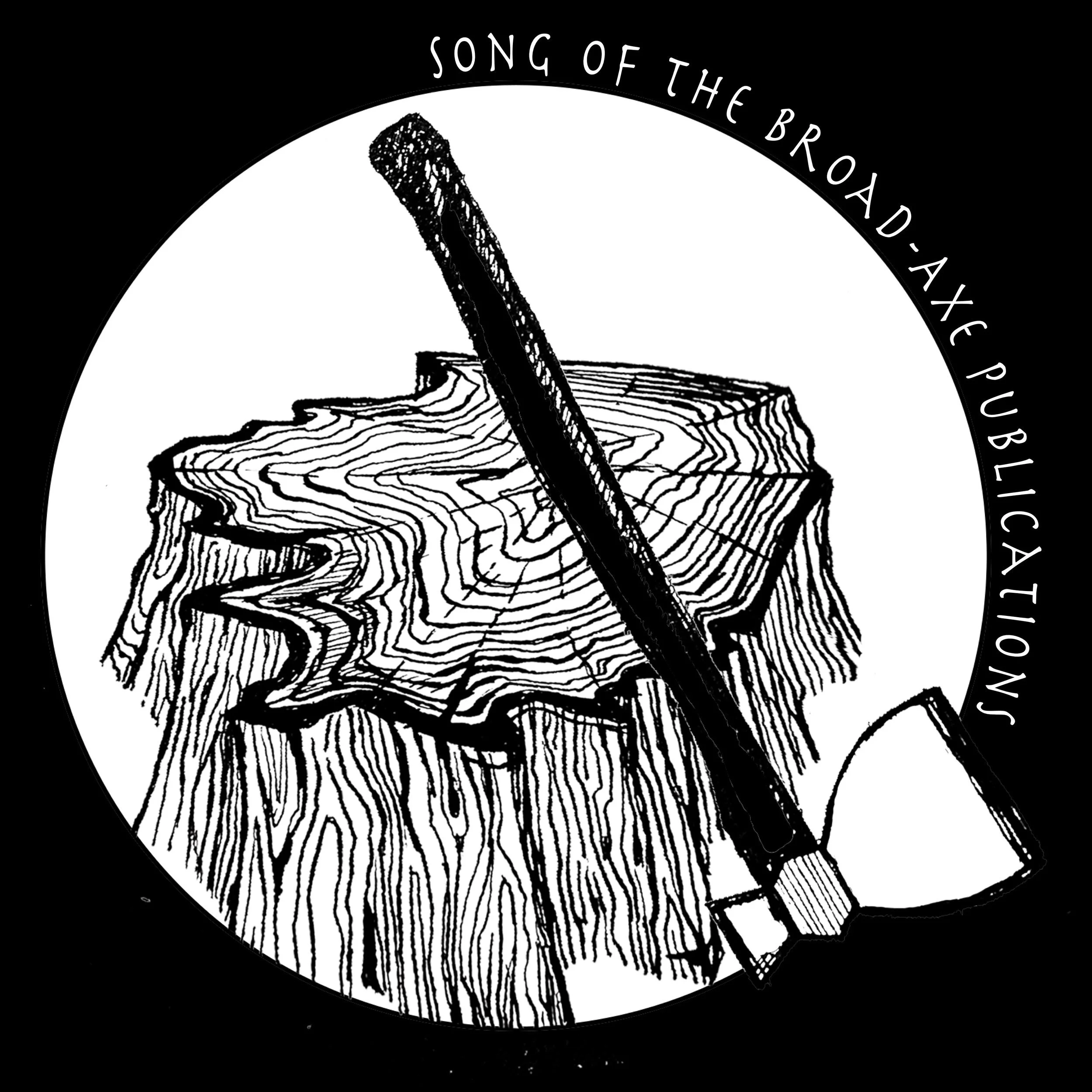Notes from the Editor's Desk -- 10/14/20
I.
Two card players are engrossed in their game. All of the actions taken by one player or the other are consistent with both players’ understandings until an argument arises upon the fall of a new card. They both insist the game should proceed in a fashion that is entirely contradictory to the assertions of the other. Whereas the game had been cordial and enjoyable, both are now fuming with enmity because their arguments fell on deaf ears, and a judge is called to resolve the issue. This judge, neither imposing nor absent any stature, hears a description of what happened from each player, finding that, however imperfect their vocabulary, what has occurred and where the issues lies is entirely clear to all parties concerned. Beginning to describe his ruling in terms specific to the game, the less veteran of the two card players begins to hear terminology he has never heard before, and the more veteran finds that the judge is ruling as expected. Finding that the rule goes against his position in the game, and feeling that panic increases wildly in comparison to confidence, exclamations of self-advocacy break free from the less veteran of the two players. His intuition as to how the game should work has not been fully understood. He protests, beginning to adopt the terminology that is completely new to him, and misusing it, in an attempt, however futile it is, to overturn the ruling. A new state, tangential to the game, has emerged, which the adept judge recognizes at once and feels thank for, despite the fact that it is tangential to the game. The judge can now demonstrate how the intuition of the player in protest is incorrect by demonstrating how the less veteran of the two players misuses his newly adopted vocabulary. More important than the resolving the issues itself, for these arise frequently and are handled with ease, the judge’s true calling is to clear up biases and misapprehension in the players, such that their intuitions come to accord with a greater fidelity to reality. Both players then smile toothless smiles, holster their Colt revolvers and continue to play, ordering two more whiskeys as they commence.
II.
Ludwig Wittgenstein’s Philosophical Investigations establishes a philosophical basis for several phenomenon that seem at present to be destroying civil society. Rereading it illuminated a phenomenon of linguistics that, while not intrinsically dangerous, becomes dangerous when cribbed in the lingua franca of technology, particularly because this lingua franca is distinctly incapable of encapsulating its own epiphenomenon. The process by which natural language, which the depiction of the judge and the card players examples, establishes meaning differs fundamentally from the lingua franca of technology. In America, we have people advocating for positions who, by way of their advocacy and its methods, come to be uneducated in the good toward which they ostensibly gesture. It is a failure of the attention span, and a result of new technological velocities, that make us focus entirely on the outward form of that which becomes robbed of its intrinsic good. No esoteric arbiter can be heeded when a society wide panic indulges the involute impulse to argue in bad faith and to the exclusion of all considerations else. When instinct fails to accord with reality, the want of a sympathetic ear becomes devouring; and, if the desire to foster this panic outweighs the consideration of wisdom, if desire is given precisely this outlet by new technologies, then the game falls into chaotic disrepair. It then becomes impossible to abide by the sentiment that gets produced by such a dialectic, even if, on the face of things, those concepts would appear unassailably right-minded. When meaning is so denuded, the only recourse humans discover in a reality that makes no sense is the pre-linguistic effectuality of violence. Beyond free speech, although it is a necessary prerequisite, good speech therefore becomes imperative. Philosophical Investigations accounts for the manner in which meaning evolves in language. Wittgenstein begins his Philosophical Investigations with an excerpt from Augustine’s Confessions.
“When they (my elders) named some object, and accordingly moved towards something, I saw this and I grasped that the thing was called by the sound they uttered when they meant to point it out. Their intention was shewn by their bodily movements, as it were the natural language of all peoples; the expression of the face, the play of the eyes, the movement of other parts of the body, and the tone of voice which expresses our state of mind in seeking, having, rejecting, or avoiding something. Thus, as I heard words repeatedly used in their proper places in various sentences, I gradually learnt to understand what objects they signified; and after I had trained my mouth to form these signs, I used them to express my own desires.” — Augustine
With the statement “These words, it seems to me, give us a particular picture of the essence of human language,” Wittgenstein goes on to pen one of the high-points of 20th century philosophy by illuminating the multitudinous pictures of the essence of human language. This fecund rejection of Augustine also contains a few vital conferrals. For all Wittgenstein’s abstract consideration of language games, it stems from a tacit acknowledgment of the roots that are the showing of intention. It is exactly this which technology would seem to undermine. Reading Wittgenstein with an eye toward the implicit acceptances of Augustine will demonstrate how language cribbed in code has yet to account for the philosophy of meaning.





